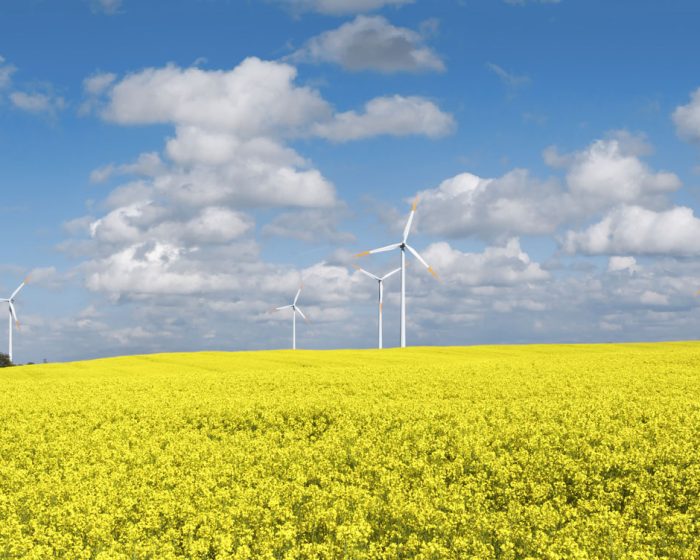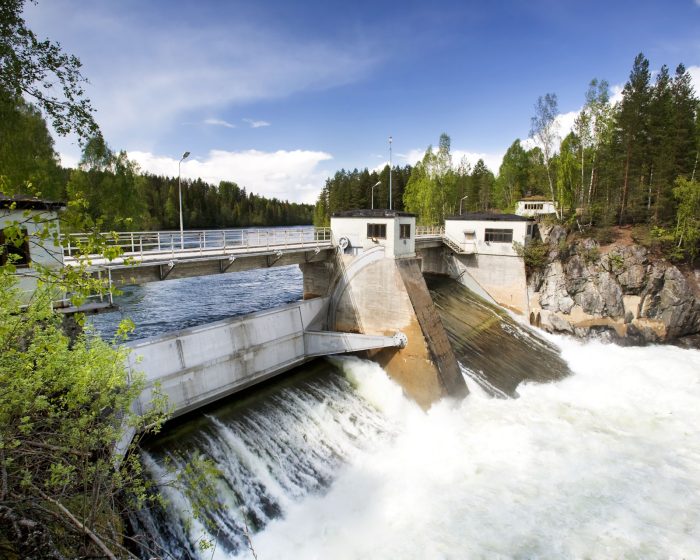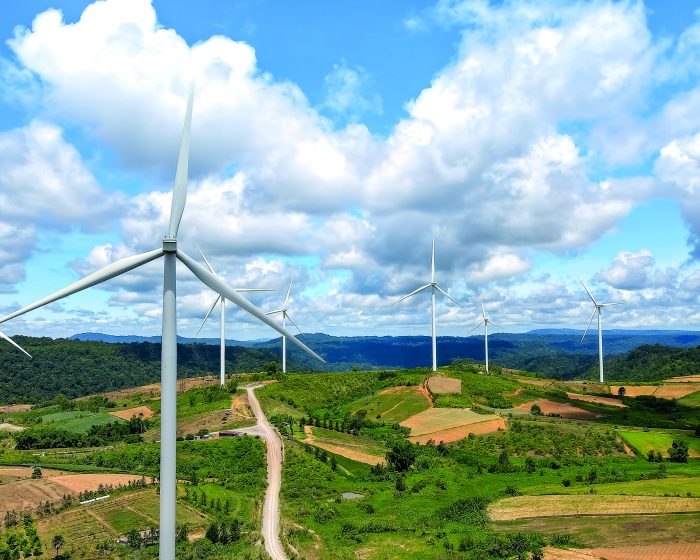Energy like bread – why is it worth saving electricity?
How is electricity different from bread? Well... not really – except that while no one needs to be persuaded to save food, saving energy is still problematic for many people.
Most people you meet on the street could tell you the price of their favourite bread without hesitation, but few know exactly how much a kilowatt-hour of electricity costs. And yet electricity is also a commodity, just like a bagel or a candy bar, except that it comes from a power outlet. And what is important: it is becoming more and more expensive, and yet more and more widely used.
Unlike bread or chocolate bars, energy accompanies modern people almost non-stop. Every click on a laptop, every cup of hot tea from an electric kettle, every TV series watched – all this consumes a lot of energy. And like any commodity, it is subject to market forces. The average consumer’s electricity bill shows that the price of energy is not just “power,” but also a range of charges—from transmission to subscription fees—and taxes
What is more, in Poland, electricity is still largely produced from coal, which means that every kilowatt-hour consumed in Poland generates approximately 0.6 kg of CO₂. Annually, a Polish household emits an average of 1.2 tons of this gas into the atmosphere – just from electricity consumption… Therefore, every kilowatt hour saved means not only a lower bill, but also 60 kg less CO₂ in the atmosphere.
Saving energy is therefore not only logical, but also ethical. All you need to do is boil only as much water as you need, place your refrigerator away from the oven, and turn off the lights when you leave the room. It’s not a revolution. It’s common sense.
And the energy we do not use – the so-called “negawatt” – is the cleanest and cheapest energy available to humanity.
Read also

Stability and efficiency: technological truths about RES
Have you wondered what people’s emotions were when the first electricity poles appeared and electricity reached homes in the early 20th century? Imagine a mix of curiosity, hope, but also uncertainty and fear. Electrification was a symbol of progress, but for many also a source of concerns and fears. Every new technology evokes mixed emotions. […]

Water and heat from within the earth: the key to cheap and stable energy
Many renewable energy sources are dependent on unpredictable external factors such as weather or simply generate less energy due to changing seasons. Therefore, to ensure a sustainable energy mix, it needs to be reinforced with more predictable sources such as hydropower and geothermal energy. How does hydropower work? Hydropower is one of the oldest and […]

A future in harmony with nature. How RES impact people and the environment.
The development of civilisation is inextricably linked to the improvement of skills in harnessing energy. Since the dawn of time, people have been learning how to harness the power of the sun, wind and water. Thousands of years before our era, the Egyptians were building sailing ships and the first known wind mills were grinding […]




